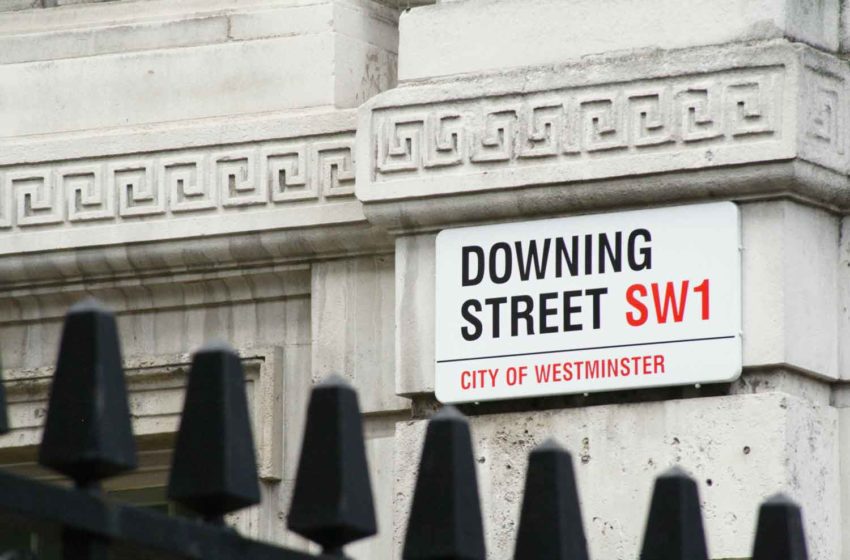Health Secretary Coffey intends to break a promise to publish an action plan, writes Guardian.Read More
Tags :United Kingdom
The contraband represented £44 million in unpaid taxes, says HM Revenue and Customs. Read More
The authors stand by the ‘at least 95 percent less harmful than smoking' claim.Read More
The U.K. study represents the most comprehensive review of the risks of vaping to date. Read More
Prevalence among young people declined after e-cigs entered the market, says ASH.Read More
The Khan review contains several wrong-headed statements that need to be challenged.Read More
There are now five times as many vapers as there were in 2012.Read More
Between 40 and 60 percent of vapor products on the domestic market are illegal, says UKVIA. Read More
Participants in the Forest Summer Lunch event lament the continuing assaults on personal choice and personal responsibility.Read More
Industry group calls for tough measures to crack down on unscrupulous retailersRead More









